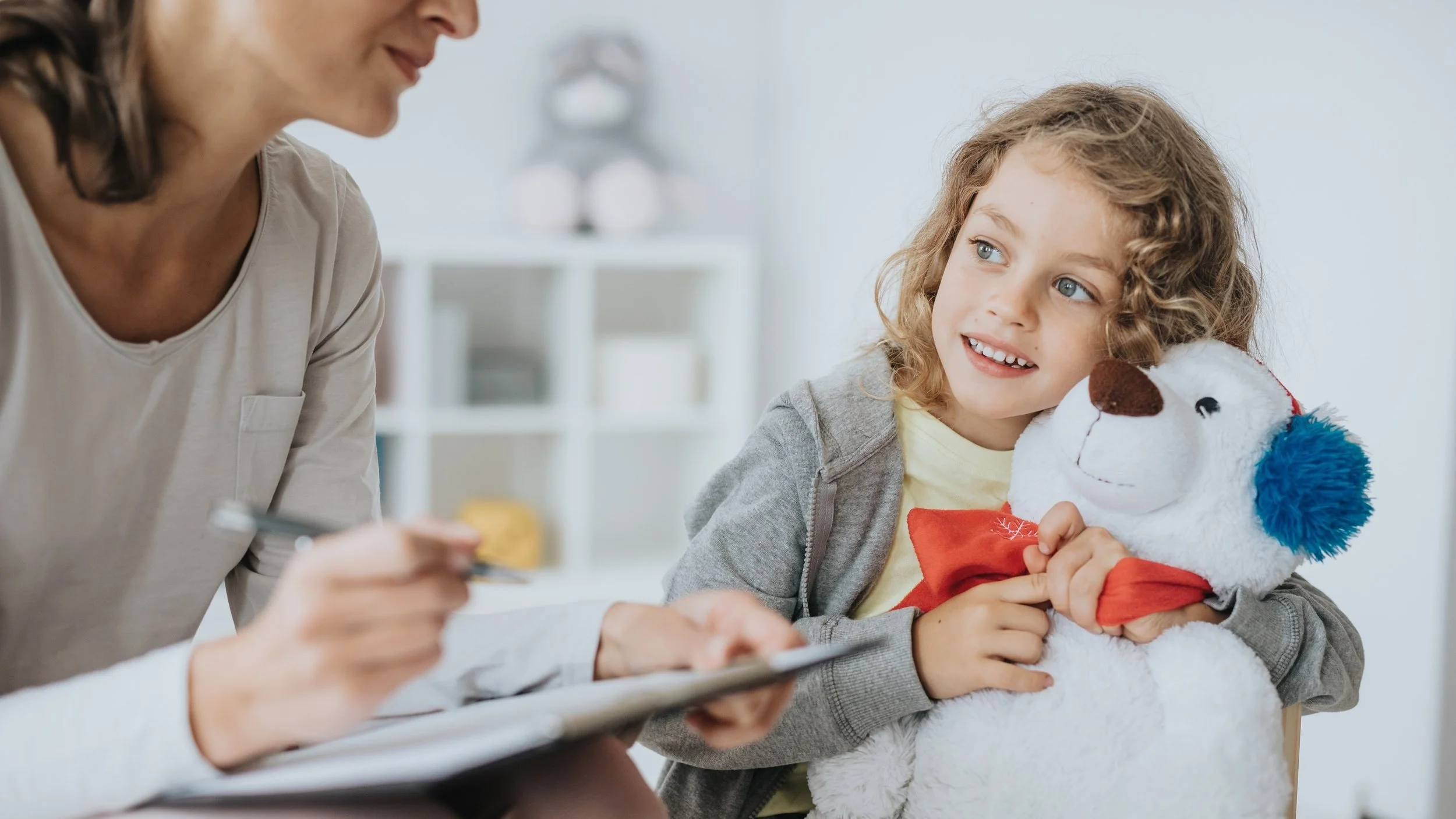THERAPY FOR
CHILDREN
In Orange County, CA
As parents, it’s natural to want the best for your child—but sometimes, knowing how to help can be difficult, especially when emotions are involved. At the Institute of Pediatric Psychology, we’re here to support you and your child through life’s challenges, providing professional care that’s tailored to your child’s unique needs. Whether your child is struggling with anxiety, behavioral issues, or changes at home, our team is ready to offer the guidance and understanding they need to thrive.
HOW DO I KNOW IF MY CHILD NEEDS THERAPY?
If you’re wondering whether therapy could help your child, you’re not alone. Many parents face the same question, especially when their child’s behaviors or emotions seem to change. Here are some signs that it might be time to consider professional support:
-
Does your child seem unusually worried or fearful? Anxiety in children can show up as restlessness, trouble sleeping, or excessive worry about everyday activities.
-
If your child has become more easily frustrated or their meltdowns seem more intense or frequent than before, therapy can help them learn how to manage their emotions.
-
Have you noticed your child pulling away from activities they used to love, or spending more time alone? These could be signs of underlying sadness or feelings they’re struggling to express.
-
Significant changes in how your child eats or sleeps can be a sign that something deeper is going on emotionally.
-
Big changes like a move, a new school, or changes in the family dynamic can be tough for kids. Therapy can help them navigate their feelings and adjust more smoothly.
If you’ve noticed any of these signs, trust your instincts—reaching out for help is a big step toward giving your child the support they need.
HOW WE CAN HELP:
Our Approach to Therapy for Children
Creating a Safe and Caring Space
We believe that children do their best when they feel safe and understood. Our therapists build trusting relationships with your child, providing a space where they can express themselves freely—whether through talking, play, or creative activities. We take the time to understand your child’s world from their perspective, making them feel comfortable and heard.
-
Helps children understand how their thoughts and feelings are connected, giving them tools to manage worries and build confidence.
-
Teaches children how to regulate intense emotions and navigate challenging situations with calm and resilience.
-
Encourages children to accept their feelings while focusing on what matters most to them, helping them take steps toward a positive future.
Practical Tools for Everyday Life
Our therapy sessions focus on equipping your child with skills they can use every day, from managing worries to expressing their feelings in healthy ways. Our evidence-based approaches include:
Supporting the Whole Family
We know that helping a child means supporting the whole family, too. Our Parent Support program provides you with the strategies and understanding you need to reinforce what your child is learning in therapy and strengthen your connection with them.
WHY
CHOOSE
US?
Expert Care with a Personal Touch
At the Institute of Pediatric Psychology, our therapists are not only highly trained in working with children, but they are also deeply committed to helping families like yours find the support they need. We bring the expertise to address complex challenges, combined with the warmth and compassion that children need to feel comfortable and safe.
Customized Care for Your Child’s Needs
We understand that every child is unique. That’s why we tailor our approach to fit your child’s specific needs and personality. We work closely with parents to create a plan that feels right for your family, keeping you informed and involved every step of the way.
A Collaborative Approach to Growth
We believe that therapy works best when it’s a team effort. That’s why we keep open lines of communication with parents, ensuring that you feel supported and confident in the progress your child is making. Together, we can help your child build the skills they need to thrive—at home, at school, and in their relationships.


